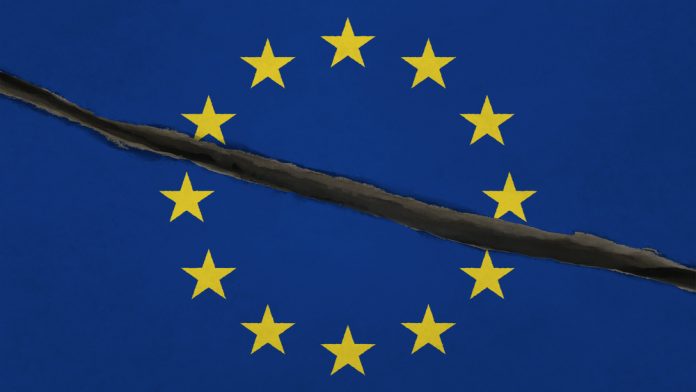A new study, published by the City, University of London, highlighted “significant fragmentation and gaps” in consumer protection rules for online gambling in EU member states.
The study, commissioned by the European Gaming and Betting Association, reviewed specific aspects of the consumer protection rules in EU member states, including know your customer requirements, the protection of minors, safer gambling and treatment support, and assessed whether the rules are becoming similar or not.
Moreover, though the study from CUL emphasised its concerns, it did reveal that 10 EU member states have strengthened its consumer protection rules for online gambling since 2019, including the introduction of new national self-exclusion registers in Czechia, the Netherlands and Slovenia.
“We welcome the progress made in strengthening the consumer protection rules in EU member states,” explained Maarten Haijer, secretary general, EGBA. “In several areas, regulatory principles are converging, but there is increasing fragmentation in how the rules are implemented and this creates a complicated compliance and enforcement map for Europe’s gambling regulators and operators, while evidently also not benefiting the consumer.
“A more standardised regulatory framework would surely benefit all.”
Key findings from the study noted that 18 member states require online gambling operators to offer customers the possibility to set time and deposit limits.
Moreover, self-exclusion tools must be offered by operators to customers in all but two member states. This is in addition to any national self-exclusion schemes which may exist.
Furthermore, 16 member states have established a national self-exclusion register, of which nearly all are accessible via a dedicated website.
In regards to protection of minors, 17 member states now have a legal requirement to display a “no underage gambling sign” on gambling advertising, an increase of five since 2018.
Additionally, 12 member states prohibit the sending of gambling advertising to self-excluded customers, with 11 requiring operators to provide customers with contact details of problem gambling helplines and/or treatment centres upon self-exclusion.
The study pinpointed that all member states require online gambling operators to collect the full name and date of birth/age of all prospective customers. Whilst all but three member states also require the collection of residential addresses.Temporary accounts are prohibited in 14 member states, an increase from seven from 2018.
The CUL study concluded that while most members have adopted similar approaches towards consumer protection, there are “significant differences” in how national rules are designed or implemented and in some countries specific consumer protection rules for online gambling are missing.
Adding on the findings, Haijer concluded: “While regulations and enforcement are extremely important, the study also highlights that more could be done to strengthen prevention measures and ensure that those who are affected by harm are signposted to relevant helplines and treatment centres.”
To read the full outcome of the CUL study, click here.












